What Is A Love-Hate Relationship And How To Fix It?
Love and hate can look the same sometimes. These simple signs tell you which is which.
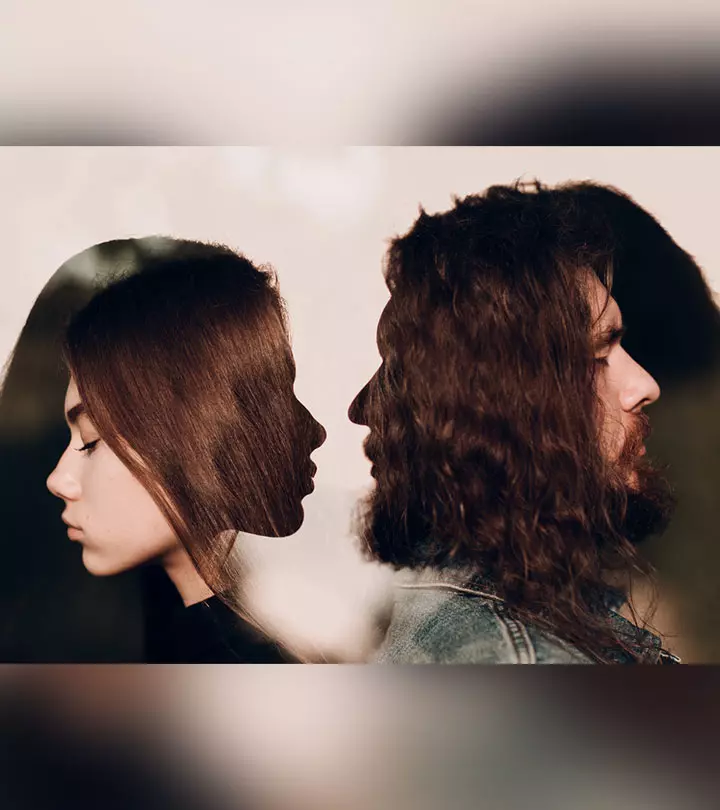
Image: Shutterstock
Love-hate relationships are complicated and marked by conflict and friction. Couples in this kind of a relationship feel deep affection for each other but at the same time, they get immensely frustrated at one another. You want to shove them off a cliff, but at the same time, you want to rush down to catch them before they fall. There is an undeniable chemistry between the two of you that creates sparks, but there’s also an unexplainable repulsion. You make fun of a person but hail down fire if someone else cracks a joke at their expense. Even if this person makes your life difficult, you can’t help but feel attracted to them. Your feelings leave you confused and frustrated. You can’t live with them, but existing without them seems impossible too! These relationships are filled with confusion that eventually ruins the mental peace of both partners. You need to understand the dynamics of love-hate relationships to learn how you can bring a sense of clarity and emotional balance in the relationship and yourself.
Just because you don’t like how a person treats you doesn’t mean you hate them. You just dislike their character or how they act when they are around other people. It could also be because your personalities clash, but the sparks make for some magical moments. So, now you are stuck in this love-hate cycle you can redeem yourself from. But did you know you could have a love-hate relationship with anyone – including your friends, family, or even your partner? Keep reading to know more about what it feels like to be in a love-hate relationship with someone.
 Fun Fact
Fun FactIn This Article
The Psychology Behind Love-Hate Relationships
Love-hate relationships are very common. Love and hate are emotions that are more similar to each other than they are different (1). We are often embarrassed and irritated by the behavior of people we otherwise love and adore. But why does this happen? Unresolved personal issues, toxic attachment patterns, and a persistent need for approval and validation are some key reasons. There are some other reasons as well, such as:
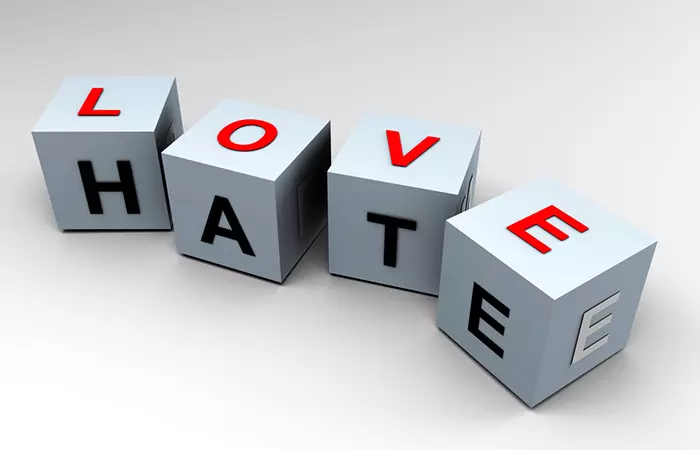
- Non-Reciprocation
Most often, we develop a love and hate relationship with someone when they don’t reciprocate our feelings, which leads to animosity and affection at the same time.
Children tend to do this most, and all of us did it as children. It is hard to be in love with a person who doesn’t love you. And to soothe our heartache, our brains conclude that the other person has issues or is flawed. It is a human tendency to protect one’s feelings, and this is why we pour all our hatred towards this person.
- Boredom

But there are other relationships as well that develop into love-hate relationships even when one’s love is reciprocated. Love and relationships are paradoxical, it is quite common to get bored or tired of someone you live with or spend time with. Living with someone means experiencing the daily grind of fighting over doing the dishes, the cooking, or even about which channel to watch on the TV. Spending a lot of time with your loved one is good, and the intimacy that comes with it is wonderful. But spending all your time on that particular person can be detrimental to the relationship.
- Sacrifice
The most important fact of relationships is that you will sometimes have to sacrifice your wants, needs, and preferences for the needs of your loved one, which can cause tension and discord. Parents need to do this for their kids, and spouses need to do this for each other. Finding a middle ground is a great idea, as both parties will feel accepted and loved. Sacrificing our needs doesn’t feel good, especially if we have always lived our life our own way. When we are in a relationship, giving up on what we want is most often seen as unfair or punishment. We sometimes gradually start to hate that person we consider as the reason for giving up our independence, which can lead to the end of infatuation.
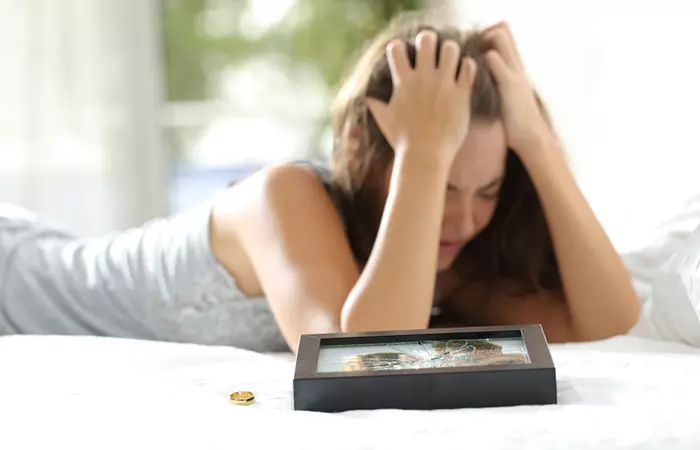
- Vulnerability
Love makes everyone vulnerable and when two people are in a relationship, after the initial attraction and connection, the honeymoon period is over, and they start showing their true colors. When our love is young, we hide who we truly are. We present an amicable and marketable face to avoid being judged. But after we get more comfortable and secure in a relationship, we start to loosen up and let the other person see our weak points.
But the truth is, it is when we share our weaknesses, when we can be truly vulnerable and show all our defects and flaws that we get to experience real intimacy although it can sometimes trigger resentment or antipathy in ourselves or our partner.Keep in mind that the other person is also showing their issues and flaws. We all have flaws, and we need to accept that if we want to convert a love-hate relationship into a love relationship. You need to accept that no one in this universe is without flaws. You will eventually have to face the good, the bad, and the ugly side of others, and sometimes, you may hate something in them you just have to learn to accept it.
- Hate And Love
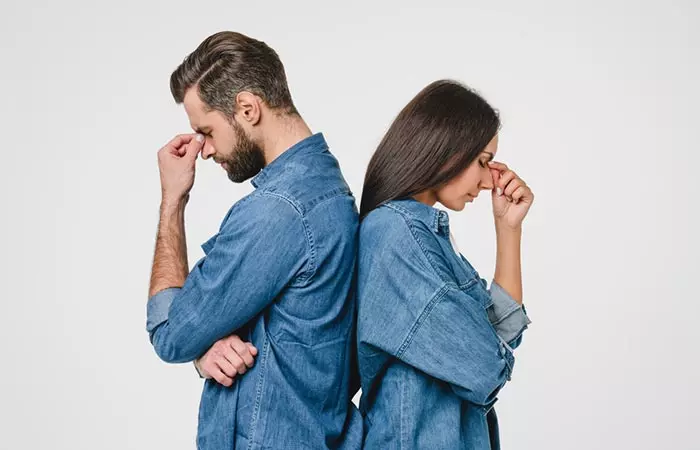
Hate naturally begins appearing with love when you are exposed to the not-so-flattering sides of other people when you get to know them better. But the truth is, you can’t hate someone you don’t know well, and you are bound to think about them more often and intensely if you hate them. Fixating on a person, whether due to hostility or fondness, means that you have a deep relationship with them.
When devotion is mixed with hate, it leads to ambivalence. In an ideal relationship, love would trump hate every time, but we know that this isn’t always how life really works. We experience ambivalent feelings when we feel two conflicting emotions at the same time, such as being sad at the demise of a loved one who had been suffering for a long time, but at the same time happy that they don’t have to experience pain or suffering anymore.
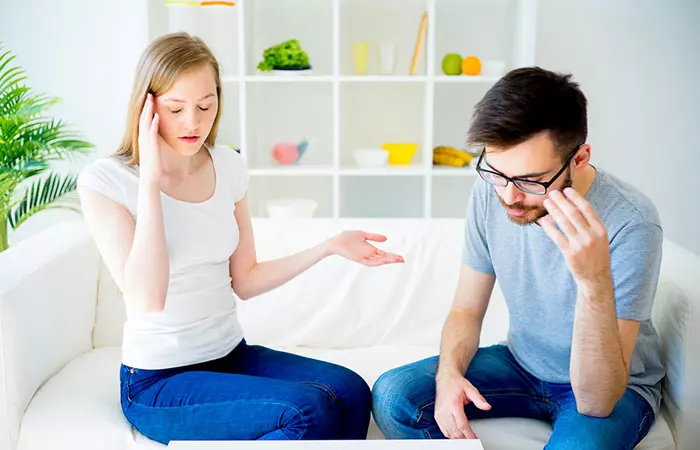
Loving and hating someone at the same time is the most natural thing in the world. Hating those we love does not make us monsters but more human. According to a study, the same regions in our brain get activated whether we love or hate someone (2). While experiencing both these emotions, researchers noticed increased activity in our brain’s insula and putamen. Both love and hate are extremely strong emotions, and the brain can’t distinguish between them when it comes to the intensity of feelings. Psychologically, the effect of love or hate in our brain can turn from positive to negative or vice versa very quickly.
A blogger shared her experience of a love-hate relationship with her boyfriend. They love each other, but she gets defensive when he handles her mood swings, hallucinations, and self-destructive behavior. She keeps trying to find faults with him to break up with him. In her blog, she mentions, “Sometimes I’m happy imagining just the two of us because he’s stupid in a normal way and I’m stupid in a slightly different way. But then my defenses kick in and its exhausting (i).”
 Quick Tip
Quick TipLove-hate relationships are characterized by intense passion and overwhelming frustration. They can take a toll on the mental health of the people involved, leaving them feeling drained. Improving the condition of such a relationship takes patience and effort from both parties. If you are in such a relationship and determined to make it work, scroll down to learn some effective ways that may help improve your love-hate bond.
Key Takeaways
- Love-hate relationships are common, but the complex nature of these relationships can leave you feeling confused and frustrated.
- Perhaps you disagree with their tastes, or you both have opposing personalities and yet cannot bear to lose sight of them.
- Accepting one’s flaws and trying to find a balance between yourself and your partner are the keys to transforming a love-hate relationship into one filled with just love.
How To Improve A Love-Hate Relationship?
Love-hate relationships are complex and confusing. They can lead to unending conflicts and develop a toxic environment, preventing both partners from staying content and happy. However, there are ways to transform this not-so-ideal relationship into a well-balanced and healthy partnership, such as:
- Identify the root cause of your love-hate relationship. Reflect on the factors that are triggering hateful behaviors and promptly address your issues.
- Openly communicate with your partner regarding the positives and negatives of your relationship. Tell them how their hurtful actions affect you emotionally and mentally. Do not play a blame game but approach the issues maturely, trying to find a solution instead.
- Practice active listening skills to avoid interrupting your partner when they are expressing their feelings. It will help you understand their side of the story and resolve conflicts.
- Establish clear boundaries to prevent emotional outbursts and burnout. Respect your partner’s space and ask them to do the same for you. Additionally, when you see the situation is heating up, take a long break to cool down instead of fighting immediately.
- Try to empathize with your partner’s feelings and understand the motivation behind their action to see everything from a neutral point of view.
- Be honest with each other and maintain transparency to build trust, the foundation of a relationship. Keep your promises and see that your partner is also not breaking them.
- Consider couple therapy or individual counseling if you cannot handle the stress caused by the relationship. Therapists can help you understand your challenges better and guide you with ways to solve conflicts. Besides, they can equip you with emotional regulation skills and communication tips to improve your relationship.
Infographic: 9 Signs That You Are In A Love-Hate Relationship
Humans are complex beings, so it’s no surprise that their relationships can take on all sorts of shapes and complicated forms. A love-hate relationship is one such example, where you are always in ambiguity about your relationship.
Check out the infographic to learn about some common signs that indicate a love-hate relationship between two individuals. Illustration: StyleCraze Design Team
Love-hate relationships can be one of the most confusing relationships as you can neither stand a person nor be happy without them. Any relationship can turn into this kind if one of the partners feels more vulnerable and thinks the equation is not balanced in their bond. Other reasons for someone simultaneously loving and hating another person can be a lack of reciprocation from the latter or the belief that the former has to sacrifice more than their partner to sustain the relationship.
Frequently Asked Questions
Is a love-hate relationship healthy?
No. A love-hate relationship is like an emotional rollercoaster. While it may feel exhilarating in the beginning, it can eventually exhaust both partners and leave them wanting less ‘drama’ and more stability. There could be times when a partner starts feeling just love is not enough to sustain a relationship and finds themself yearning for an easy, calm, and peaceful bond, which clearly isn’t something you can expect from a love-hate relationship. A love-hate relationship keeps you agitated and on your toes constantly, taking a toll on your mental health.
Can a love-hate relationship work?
A love-hate relationship can last for years, but it will not help you grow as a couple. The relationship won’t work well in a love-hate relationship.
Is hate the strongest form of love?
Hate is not a form of love. However, love and hate are powerful emotions if you are in a love-hate relationship.
There are many stages of a relationship. Discover the dynamics and challenges in a love-hate relationship and find out how to cope with this kind of relationship from the video below!
Personal Experience: Source
StyleCraze's articles are interwoven with authentic personal narratives that provide depth and resonance to our content. Below are the sources of the personal accounts referenced in this article.
i. Boyfriend Blues (I need a pet dinosaur)https://theroyalmew.wordpress.com/2013/05/06/boyfriend-blues-i-need-a-pet-dinosaur/
References
Articles on StyleCraze are backed by verified information from peer-reviewed and academic research papers, reputed organizations, research institutions, and medical associations to ensure accuracy and relevance. Read our editorial policy to learn more.
- The rise and fall of the romantic ideal,
https://www.taylorfrancis.com/chapters/rise-fall-romantic-ideal-berit-brogaard/e/10.4324/9781315553665-4 - Neural Correlates of Hate,
https://journals.plos.org/plosone/article?id=10.1371/journal.pone.0003556
Read full bio of Joy Nwokoro
Read full bio of Sneha Tete
Read full bio of Shatabdi Bhattacharya
Read full bio of Reshma Latif







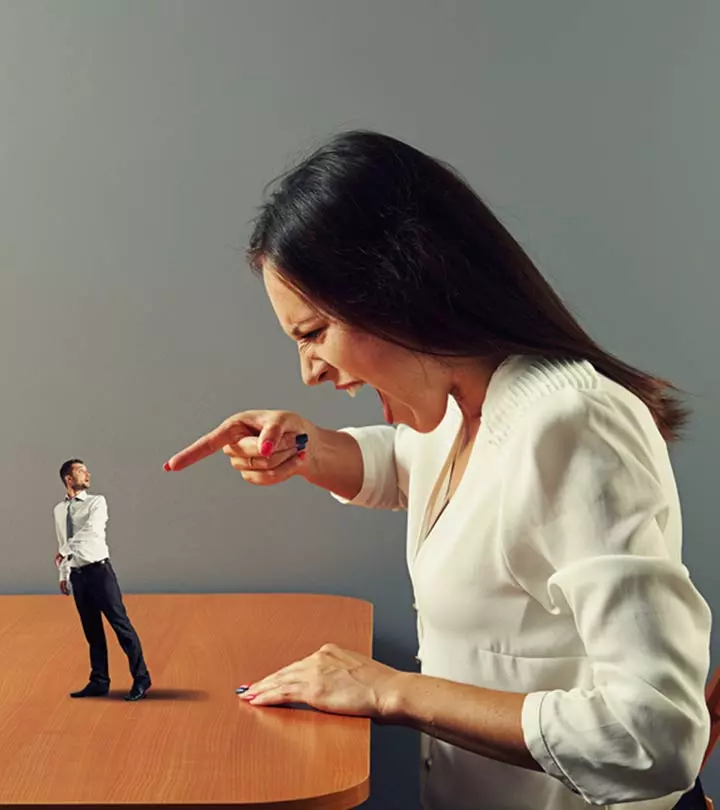
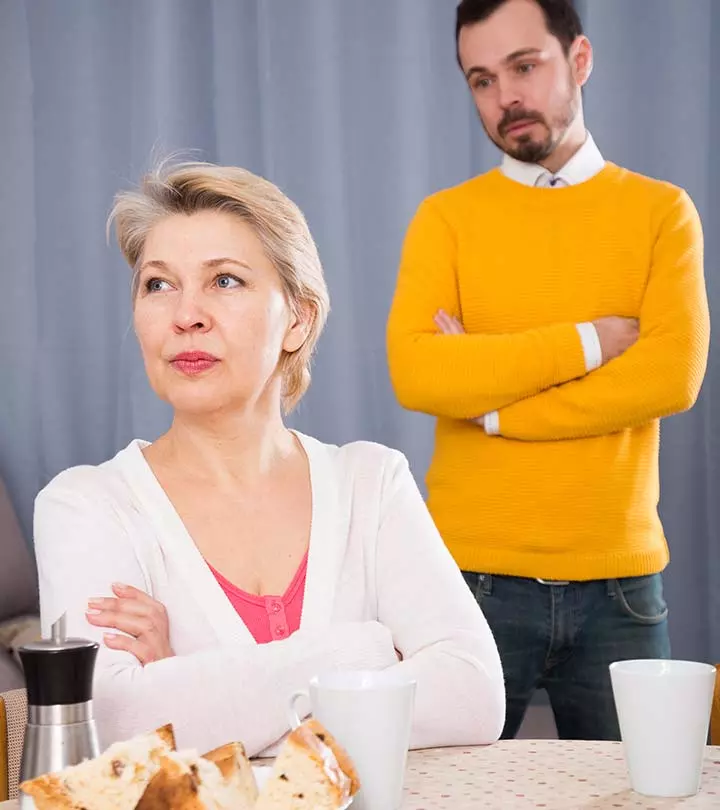
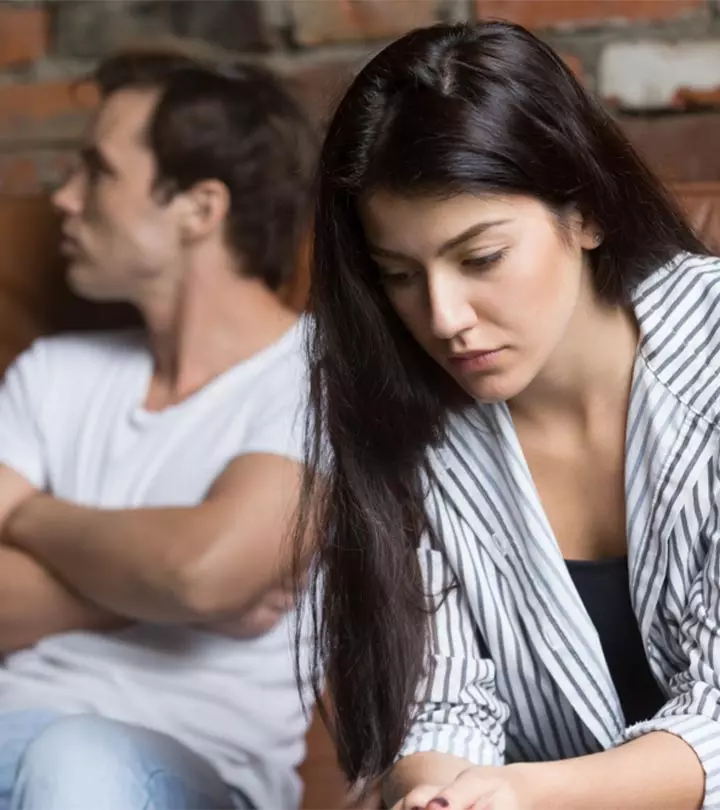
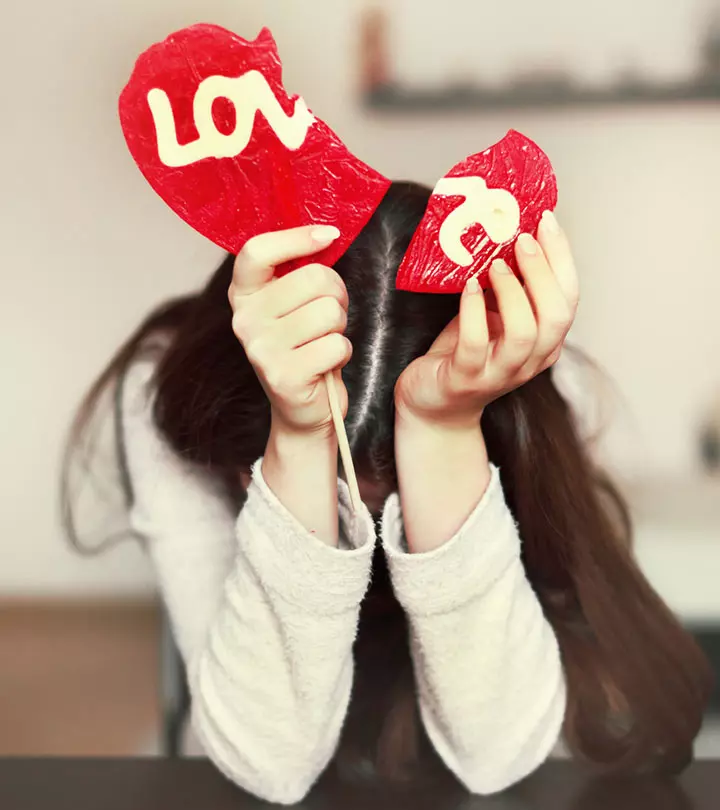
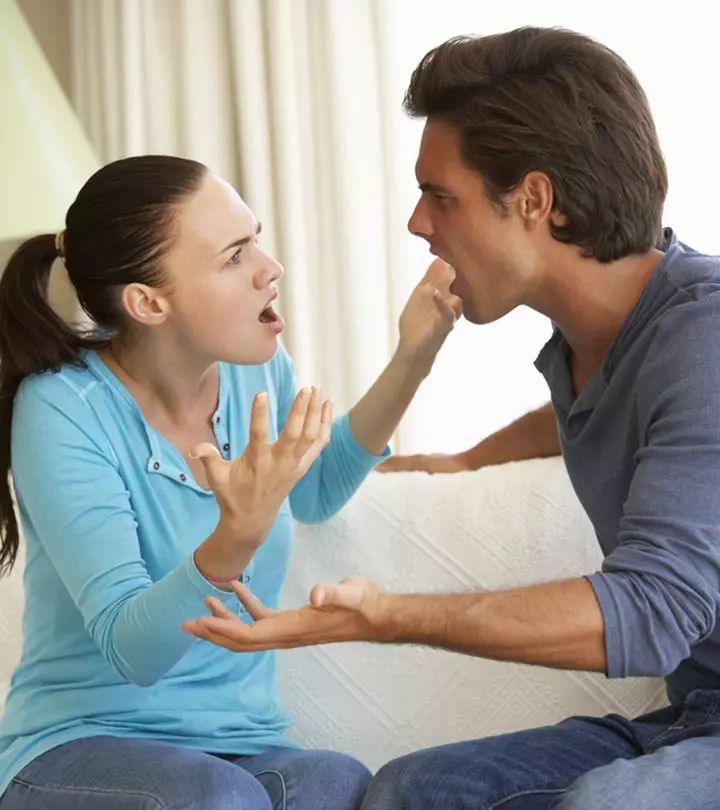
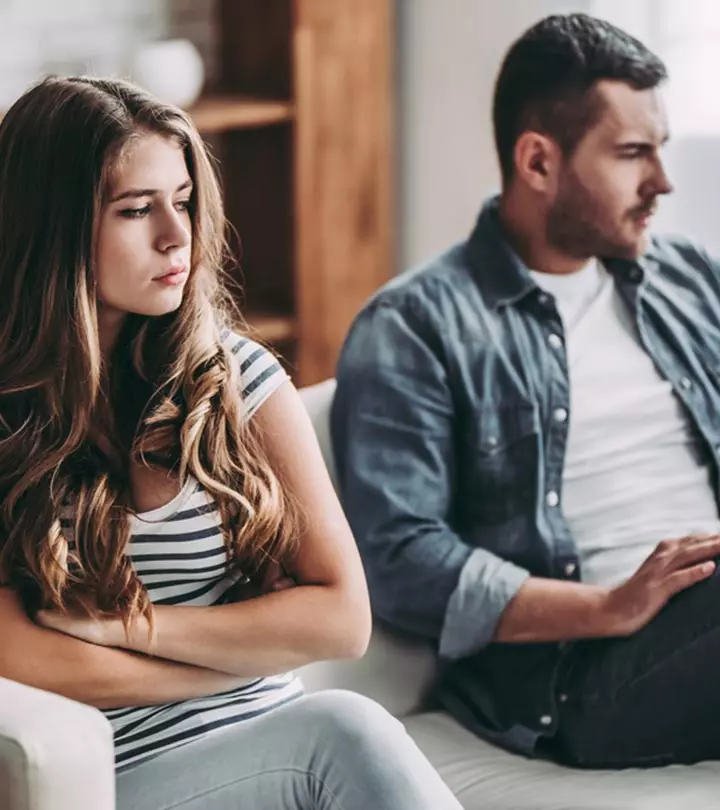


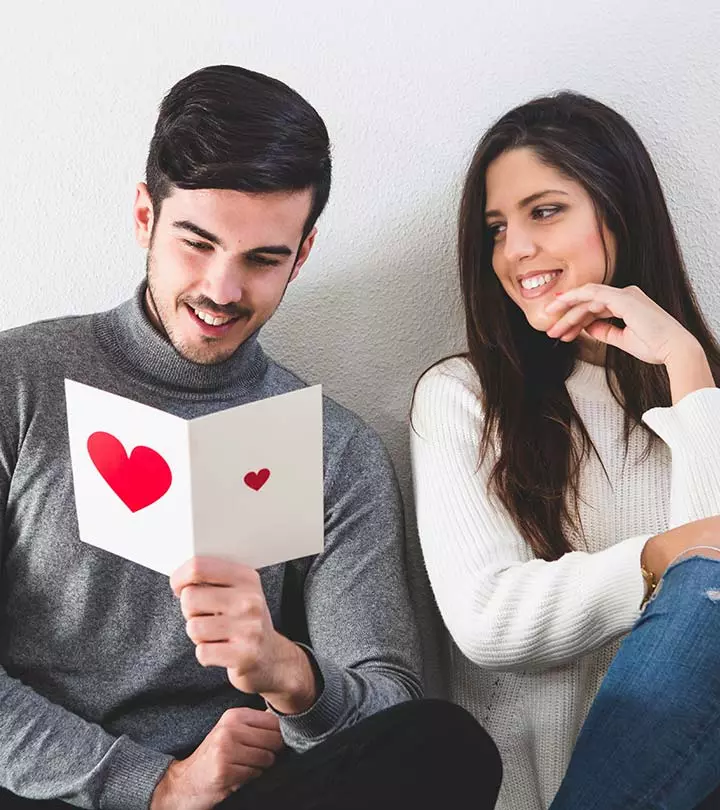

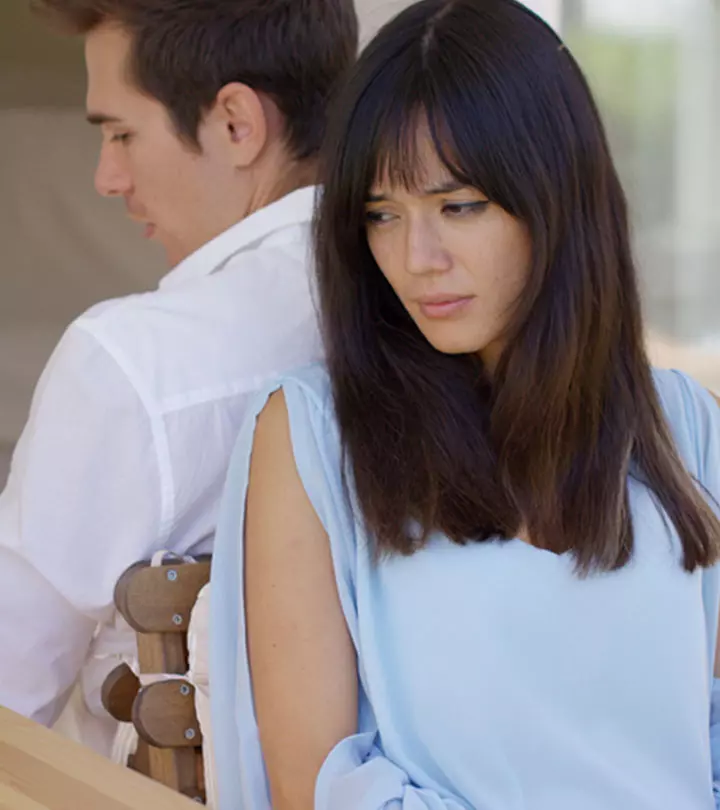
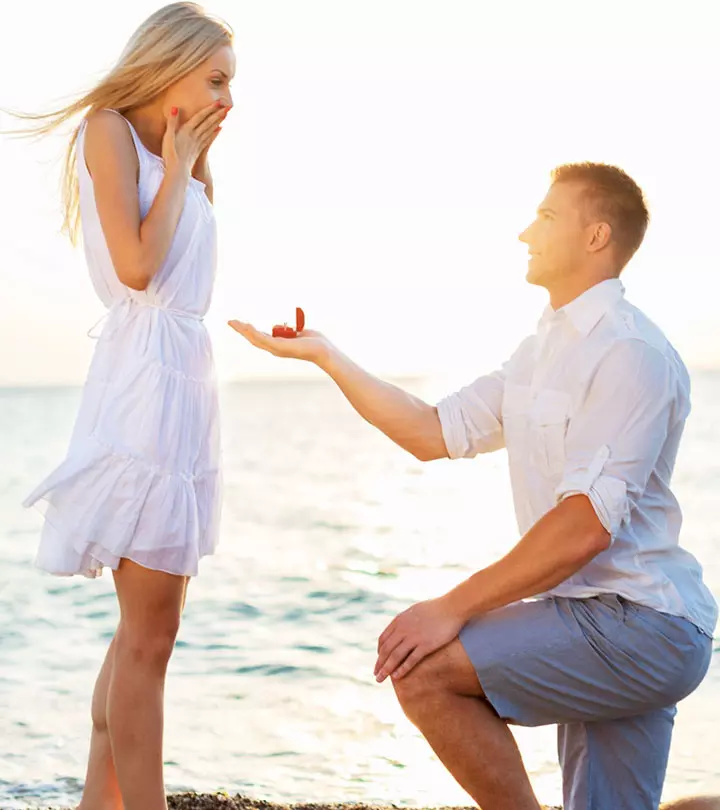

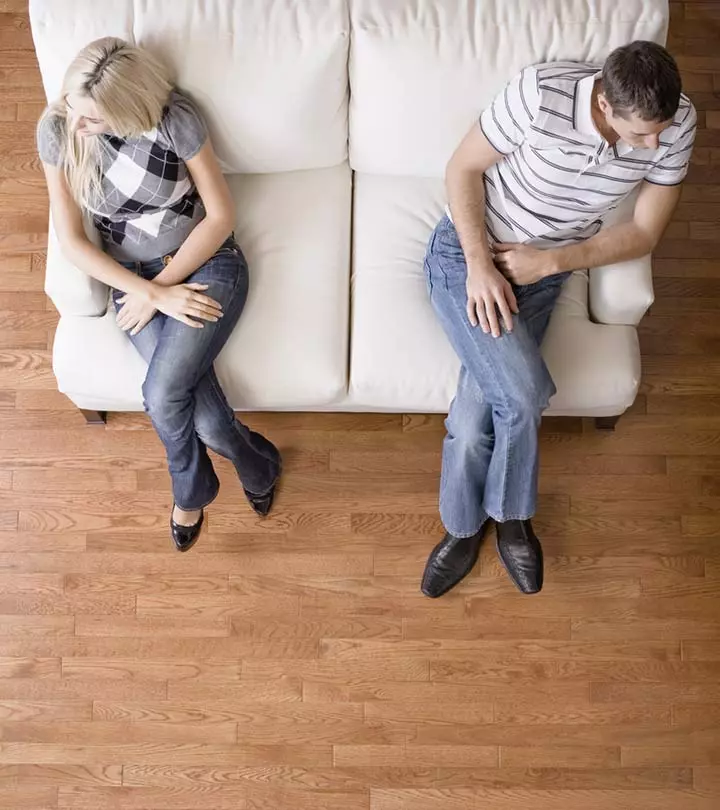
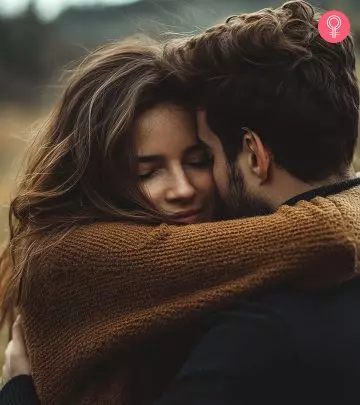
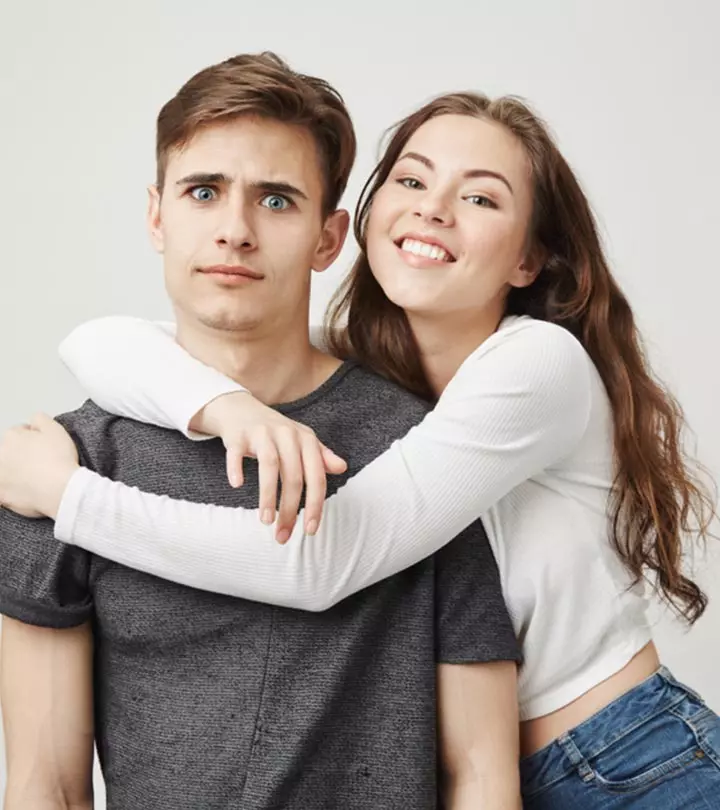
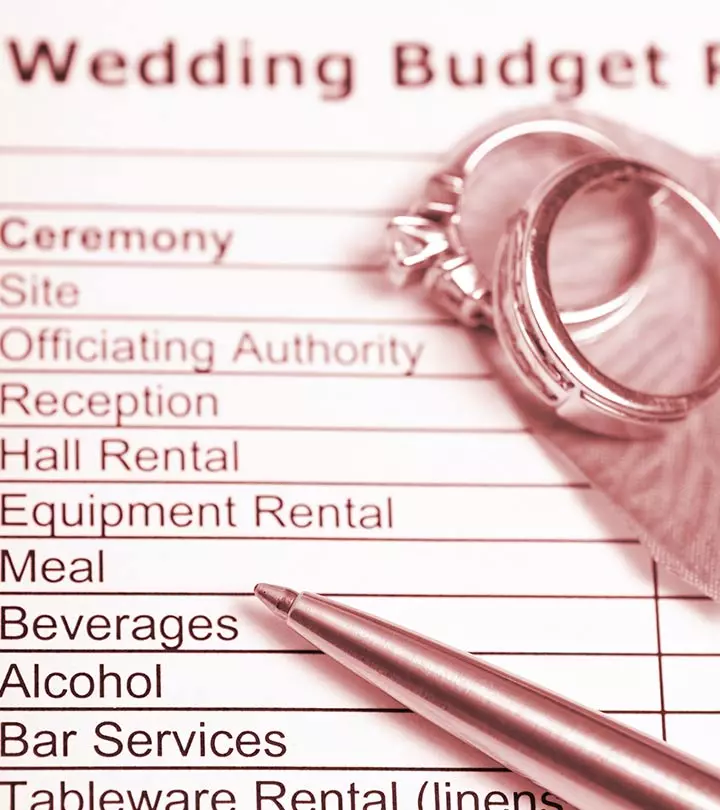
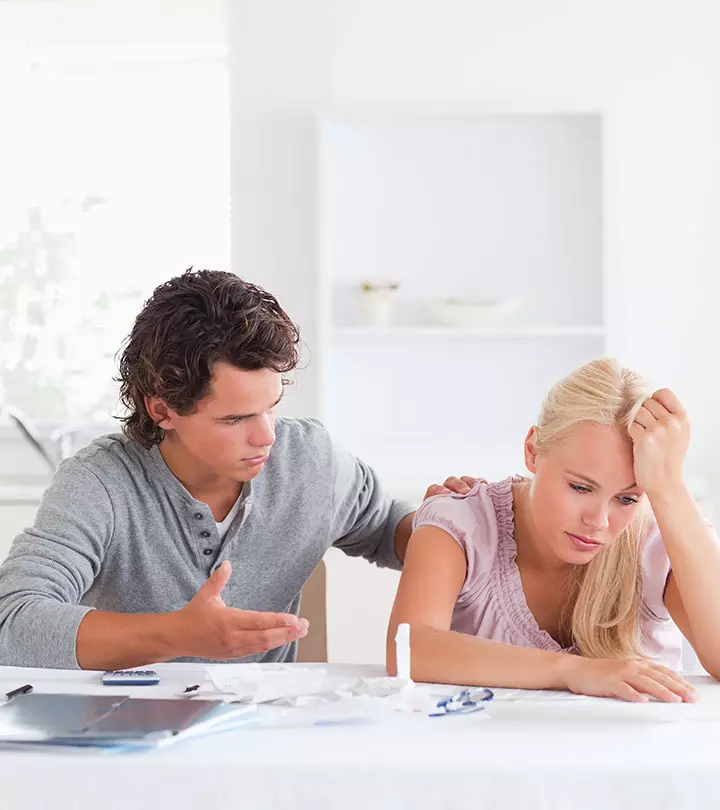
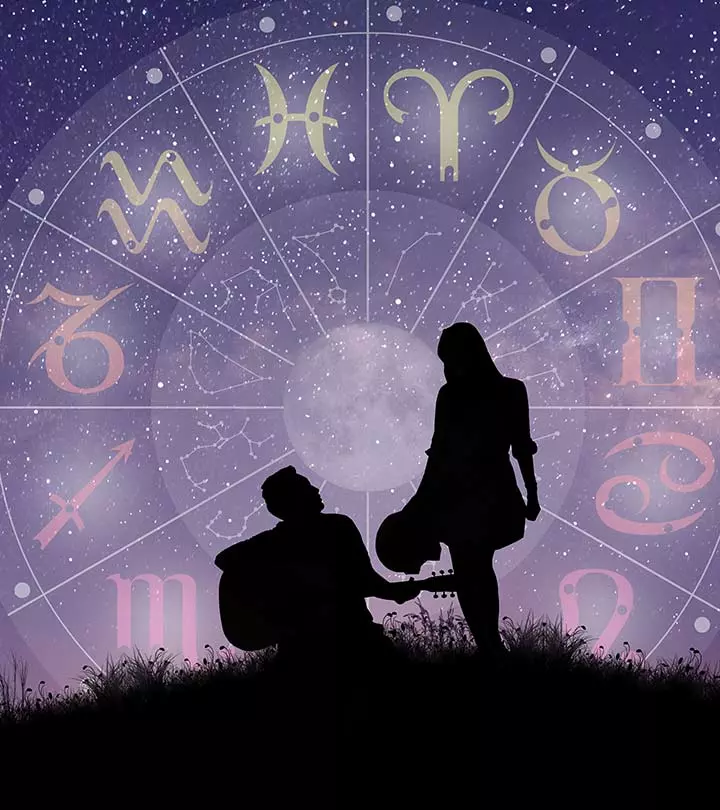
Community Experiences
Join the conversation and become a part of our empowering community! Share your stories, experiences, and insights to connect with other beauty, lifestyle, and health enthusiasts.